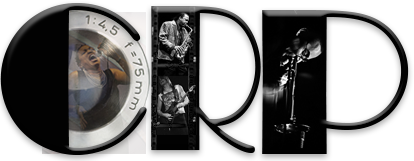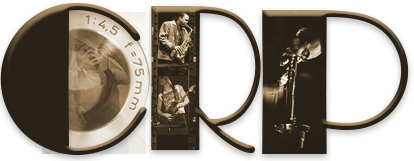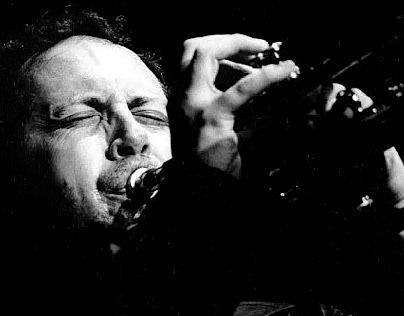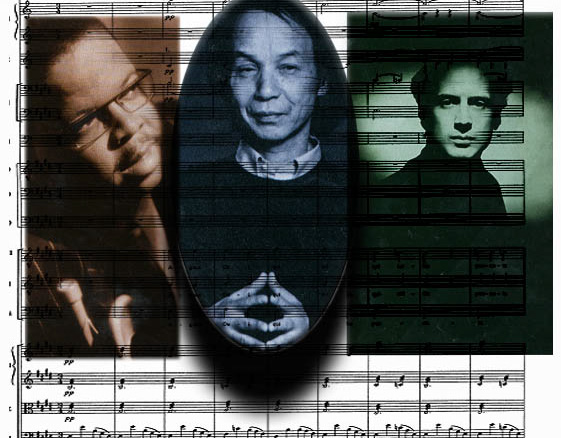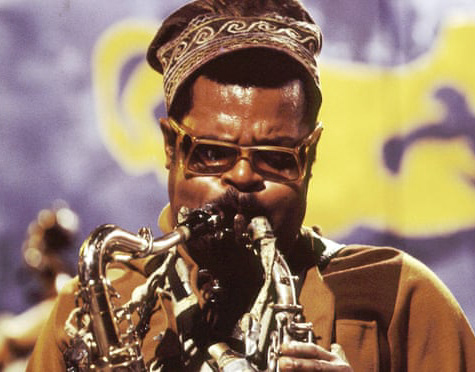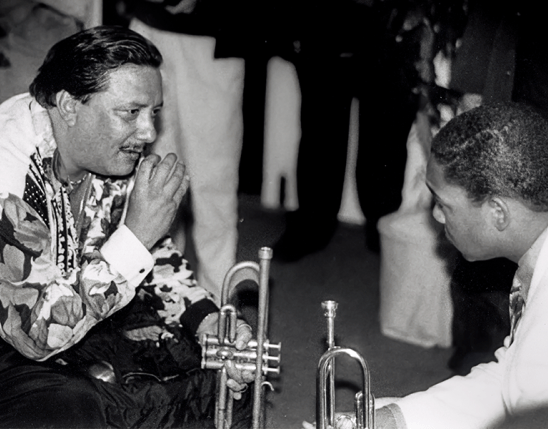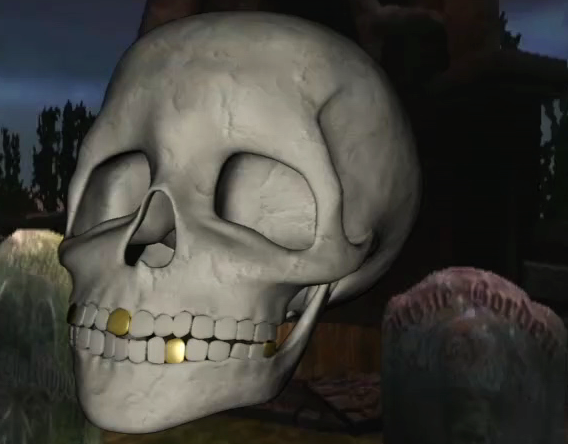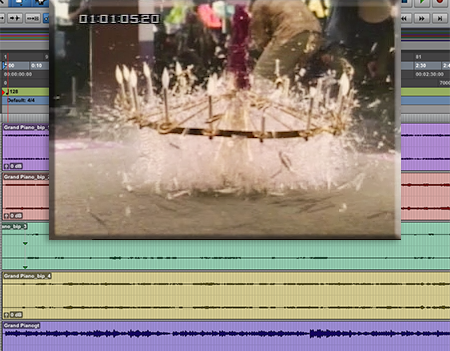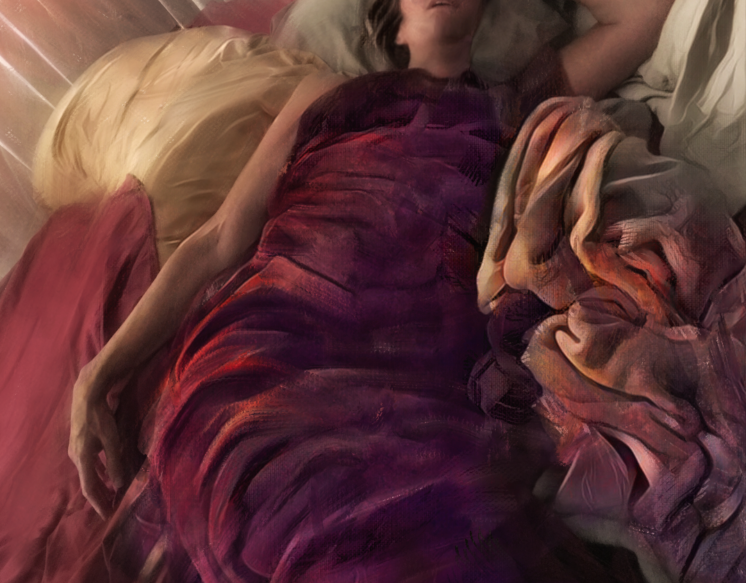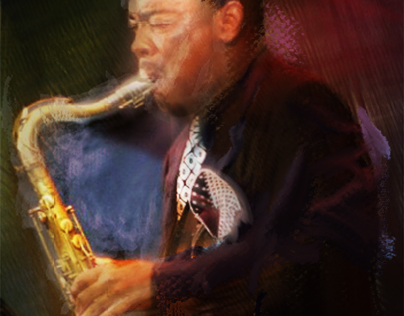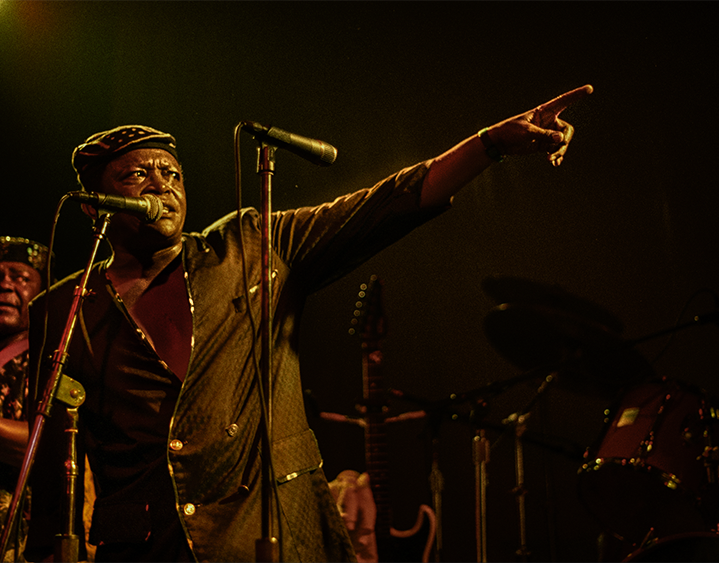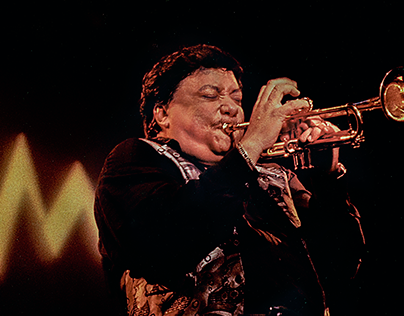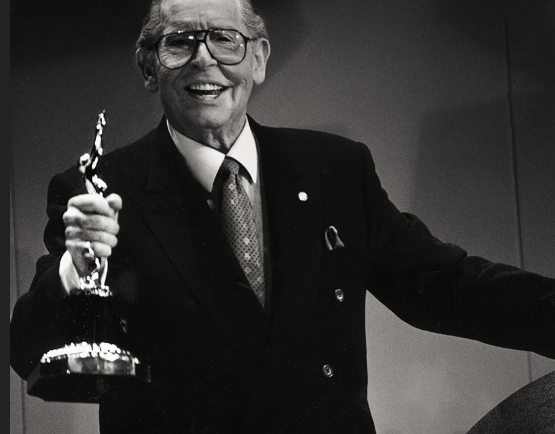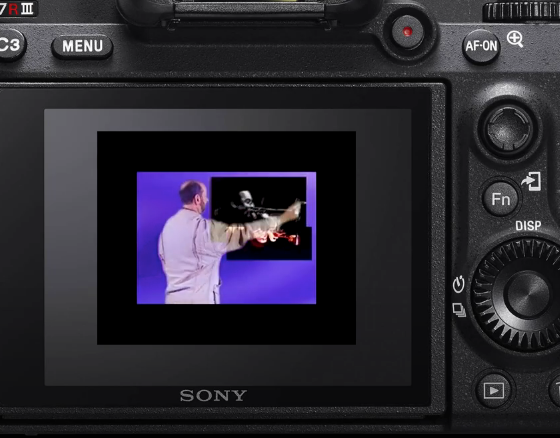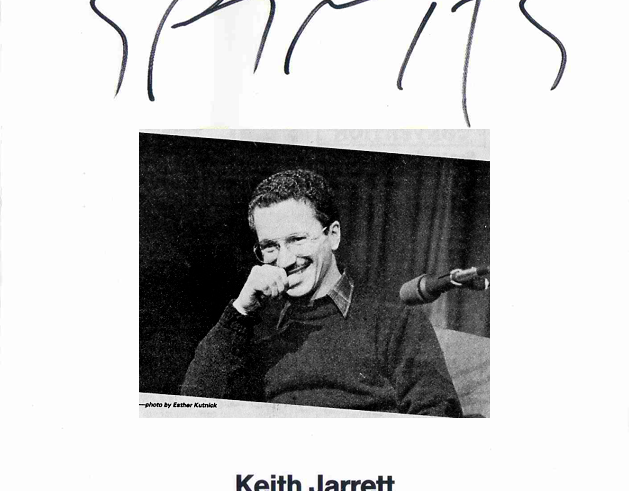From the collecton of National Museum of African American History and Culture
Robert's next big chance came at Bop City, which was one of the premiere clubs at the time. It was there he met a young player who though not a great player showed a special talent for arranging for Lionel Hampton's band. After Robert sat in for a set with Lionel Hampton’s band. Quincy Jones came over and said, "You remind me of Idris Suliman".
"I told him thanks, but I don't know who that is. He invited me to tour with the band even though I felt I couldn't read well enough. Having just married my wife entered into the decision. She nixed the idea and told me to finish my college degree. There were leaving the next morning and I waited till the last minute to reluctantly inform Quincy of my decision not to make the gig. Though it was a choice I had to make. It’s a decision that haunts me to this day. There were still important opportunities to play with people like Budd Johnson and Charlie Parker. Parker would come over this poet’s house and jam with us students. Then when he felt the music wasn't going anywhere he'd get, up brush himself off and leave. Barry Harris used to take me up into his room and write out parts for me. He'd say play this and you'll sound like "Fat Girl"(Fats Navarro). Next week you'd hear this or another one of his licks on the radio, everybody was taking stuff off his arrangements. Besides forming my own quartet, which featured Addison farmer, Art's brother. I had a chance to jam at the Bar None on 32nd and Hollis with people like altoist Leo Wright, Willie Pryor, C.C.Pinkston and the great Frank Haynes who paved the way for people like Vince Wallace."
His association with another band significantly furthered Robert’s education. The blues-jazz ensemble featured a female sax player who sounded like Sonny Rollins and a young blues guitarist who would play a few numbers every set by the name of B.B. King. "On the morning I was to be payed after playing with the band for a few nights in Houston, Texas. I found that the band had left Texas and me without paying up. Stranded and broke I was much less starry eyed after that. It's an experience I would recommend to any youngster who would do anything to go out on the road with real working band."
Robert found a way to control his personal and professional life by forming his own band. They occupied the bandstand at the Palladium in Oakland for three straight years. "Writing and arranging has always been one of my major loves. And having a steady band and a place to play... especially a place like the Palladium. It featured young Richard Williams on first trumpet who we nicknamed notes because he pour this stream of notes out of his trumpet while still attending to the changes." Robert Porter was also fortunate to form an association with a young trumpeter who had just arrived in Oakland bereft of his horn and with just one change of clothes.
"Miles and I formed a bond partly because of our age. We were both around twenty-three. He wasn't really wholesome looking because of his habit; most people are unaware of the kind of dues he paid. But still it got to be a real positive association. I was real glad to see him 6 years later when he came in town to the Jazz Workshop. By that time he had filled out and really come into his own. He wasn't as big as Dizzy but then he wasn't as flamboyant as Dizzy. He did however change the course of a few lives and jazz as a whole when change was sorely needed.”
And change was what it was all about for Robert Porter in the Sixties. A member of the Black Panther Party, he worked from within the Public Health Department in implementing social programs that were developed by different “indigenous” community groups. In essence he found ways to get them funded, access to health care and helped establish minorities in positions where they had power to effect changes in Ronald Reagan’s Public Health Program. At the same time the jazz scene was undergoing a profound change. Many of the clubs were closing down either from increased scrutiny by the authorities (IRS etc.), increased rents or a combination of both. Clubs like the Haight Level, Jacks even one man operations like the jazz club on San Pablo and 51st run by one of the best local musicians, who would play and then bar tend. When the Fillmore suddenly changed hands the crowds and the bands had little to do with blues and jazz. Whether there was a purposeful freezing out of local jazz musicians is another story to be told at another time. The music dictated a change in the kind and size of the crowd. The music of Ornette Coleman, Albert Ayler and other members of the avant-garde was not dance-able.
"There was no easy beat people could groove to. Even other musicians would describe Ornette's music as dogs barking. So the guys went where the women did and that for the most part was somewhere else. I used to go to record parties that featured Eric Dolphy as the D.J. (He always played BeBop at the parties even though he was in the forefront of the new sound). I ran into Ornette by accident while he was pushing his car to a gas station. He sent some music on a postcard after I expressed interest in what he was doing. I started my own avant-garde band called the Dialectical Sound Ensemble. We preceded The Chicago Art Ensemble with the paint and "theater". We'd work off three or four chords and then start blowing. Though we had fine players like Butch Morris in our group I believe it really set me back musically. I had to do a lot of shedding before I could play Bebop right again. I think it was that way for a great portion of those players. Only in Ornette's and later John Coltrane's music could I see the connection to Bebop and New Orleans. It was Miles who turned the scene around. He snapped his neck into the wind and started all that beautiful swinging stuff with Coltrane, Chambers and Adderly."
Robert Porter has set himself against the wind and continues to bring about and play changes. Though he has seen little profit and few notices, he does on occasion see some rewards. "When word gets back to me that former band members like Addison Farmer told Art I was someone he had to listen to. Or when the word that Richard Williams thought that I was one of the best horn players he ever saw, filters all the way from New York. I don't feel my accomplishments went unnoticed."
Robert Porter in Oakland Photo by Bob Hershon
